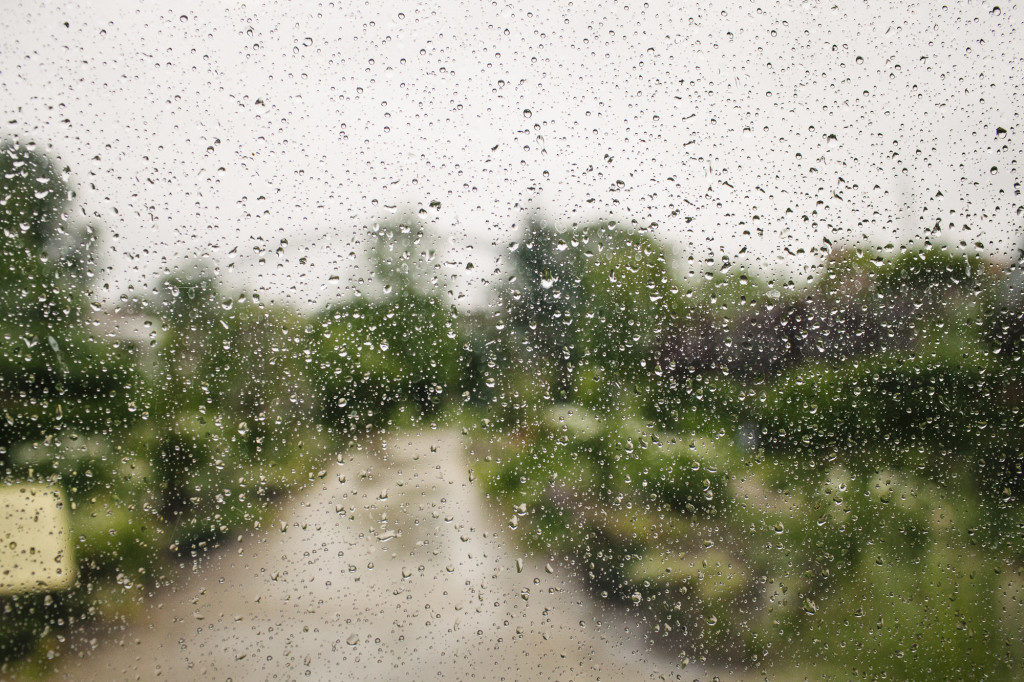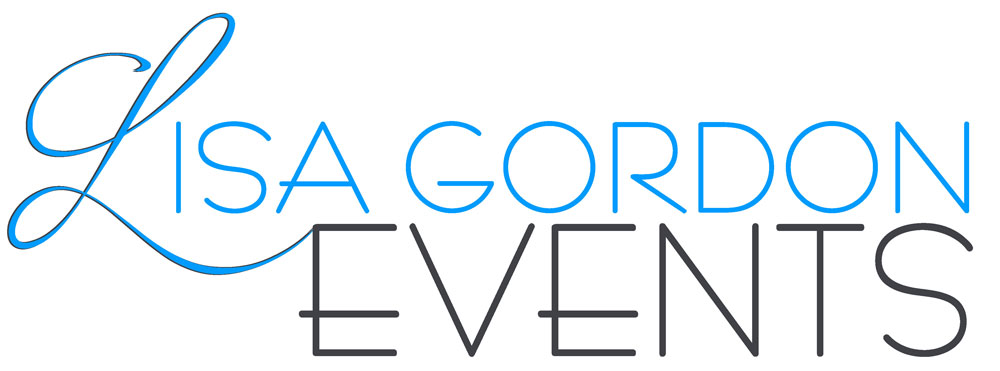Do You Have a Rain Plan?

Summer and fall weddings mean time in the great outdoors. Outdoor ceremonies are very popular. Outdoor receptions are quite common. There are lots of good reasons for this. Natural beauty seems to be the perfect complement to a wedding. And in places like Chicago, we all want to be outdoors when the weather is nice.
At the same time, everyone who has lived here for more than a minute knows just how changeable the weather can be. Cold and rainy in July? You bet! Hot and sunny one minute and downpour the next? Count on it. So, how do you deal with the uncertain actor that the weather is?
Here is my one big rule of thumb for outdoor events: If you don’t have a good, solid rain plan, there is a high likelihood that you will need one.
I remember one wedding that was supposed to be outdoors in a lovely garden. The couple could have rented a nearby chapel at the time they reserved the garden, but they decided to take a chance on it and not spend the extra money. As they got closer to the wedding date, it became clearer that they should have a back-up location–but the chapel had already been booked by someone else! The couple resisted my pleas to come up with an alternative, trusting to their good luck. Sure enough, the wedding day came around and the weather was terrible: wind, rain, cold.
Fortunately, the staff of the hotel where the reception took place was sympathetic, and they were good enough to work with me and my assistant, and they let us set up the ceremony in a wide, private hallway next to the reception hall. We scrambled to set up chairs and make it look beautiful.
On most weddings, the couples agree with me, and we have a written plan to follow if the weather won’t cooperate. Every once in a great while, we need to actually use that rain plan, and then it is easy because it has all been thought about in advance and communicated to everyone who needs to know.
But most of the time, if you have your rain plan in place and it is a good one, you won’t need it. So, take the time to make that rain plan. It’s good insurance.


 Wedding planning (in a nutshell) is just making a whole lot of decisions, one after the next. Where should the wedding be? Who should officiate? What is to eat? What kind of music? What color are the linens? Who is invited? The list goes on. And
Wedding planning (in a nutshell) is just making a whole lot of decisions, one after the next. Where should the wedding be? Who should officiate? What is to eat? What kind of music? What color are the linens? Who is invited? The list goes on. And 
 I have some final thoughts for you about time management as you plan your wedding. If you’re looking for Part I, Part II, or Part III of this series, just click on the links. Here’s my time management tip for this week:
I have some final thoughts for you about time management as you plan your wedding. If you’re looking for Part I, Part II, or Part III of this series, just click on the links. Here’s my time management tip for this week:
Recent Comments